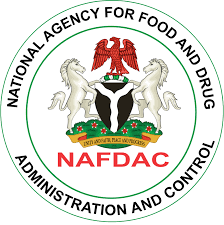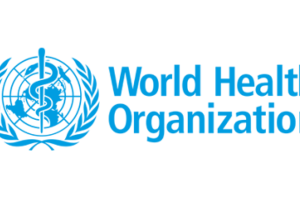Abuja – Nigeria’s food and drug agency, NAFDAC, has shut down numerous illegal sachet water production facilities in the Federal Capital Territory (FCT), citing unsafe conditions and substandard practices.
The crackdown, conducted in Dutse Alhaji and Dawaki, saw the confiscation of equipment and the closure of factories operating without proper registration or adherence to safety standards.
Unsanitary Conditions and Fraudulent Practices
NAFDAC officials uncovered facilities with severe hygiene violations, including:
- Lack of essential water treatment components such as sand and carbon filters, and non-functional UV sterilisation.
- Illegal drilling of untreated water.
- Poorly designed facilities with inadequate packaging controls.
- Toilets positioned near production areas.
- Improper storage and handling of packaging materials.
- Multiple individuals fraudulently claiming ownership of the same sachet water brand.
“There is no treatment plant, no sand filter, no carbon filter, and the UV sterilisation light is non-functional,” said Dr. Promise Ogbonna, a lead officer in the enforcement. “There was no proper storage or sterilisation process for packaging materials.”
Widespread Enforcement
Mr. Kenneth Azikiwe, Director of NAFDAC’s FCT directorate, stated that over 40 illegal water factories had been shut down across the FCT. He added that more than 14 bakeries had also been closed in areas including Mararaba, Nyanya, Zuba, and Gwagwalada, for non-compliance.
The operation, carried out with the Nigerian police and other security forces, followed a directive from NAFDAC’s Director-General, Prof. Mojisola Adeyeye, emphasizing the importance of Good Manufacturing Practices.
Public Health Risks and Call for Vigilance
NAFDAC officials highlighted the significant public health risks posed by unhygienic sachet water production. They urged Nigerians to purchase consumable products only from reputable and registered sources.
The agency also plans to investigate printing presses supplying unauthorised NAFDAC numbers to illegal producers, aiming to dismantle the entire supply chain.
“This operation required strong synergy and collective commitment to tracking down individuals involved in the illegal manufacturing and distribution of substandard products,” Mr. Azikiwe said.
A worker at one of the facilities admitted that the sachet packaging was being supplied by a supplier he knew personally.





Add Comment